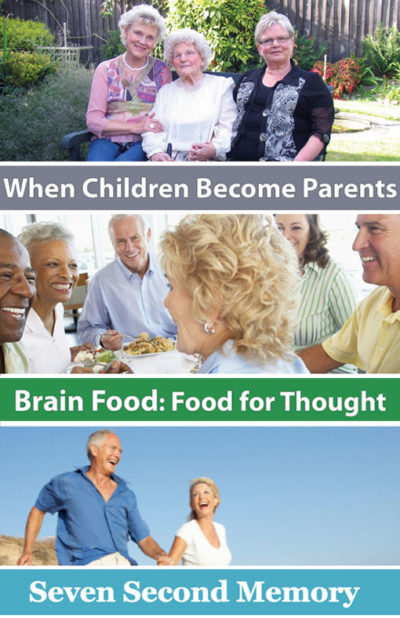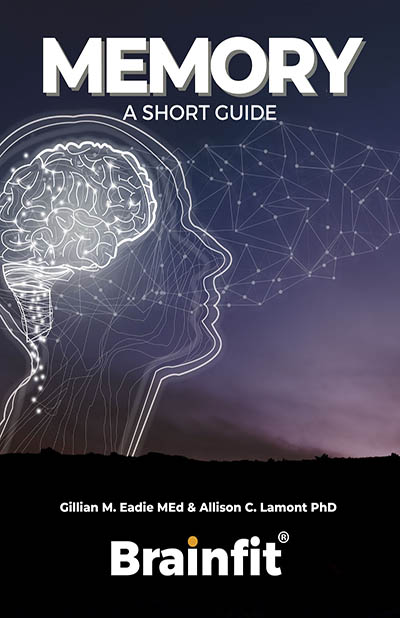Good question: the answer is…. “It depends”.
There’s a big difference between the sort of whizz-bang research we see in advertising and the scientific journal articles that are rarely reported in the media.
Let’s consider a few examples.
Think of the claims made by breakfast cereal companies about adding fibre to your diet. Bowels and the bodily functions associated with them are vital to our health and wellbeing and clearly more fibre is usually a good thing. But do you ever wonder how the research into the benefits of these products was conducted? Well, as usual it started with university students being the guinea pigs of research. They were asked to weigh their – shall we say – output before and after a given time of eating the sponsor’s product. Lovely! And the rest is history and millions of dollars in profits.
Imagine the fun of trialling a new asthma drug, some years ago now. Again, the Uni students were volunteered. The strange thing was that they kept coming back and asking for more drug samples. No-one knew why to start with. Now that type of drug is also sold for erectile dysfunction – what a winner!
Can we depend on research for accuracy and safety? What can we believe? Cigarettes used to be recommended by doctors to calm the nerves. And Thalidomide was given for sleep problems in pregnant women in the 1960s. The good news is that Ethics committees have learned so much more since then. But Health Supplements aren’t included in official regulations. Diet pills are the classic example – they make whizz-bang claims, clear millions of dollars in profits, then withdraw before they’re sued. Only to resurface with another diet product with another name and claim. Consider this: your brain uses 30% of your calories so eat less and think more!
Health Supplements really are a research minefield. What does Clinician Strength mean? Actually, nothing, but it sounds impressive. Rescue herbs? Just because it’s natural, doesn’t mean it’s good for you: hemlock and toadstools are naturally poisonous. Be careful of ‘healthy’ claims: the recommended dietary allowance (RDA) of Vitamin C is 75mg, anything above may be harmful before being excreted in the usual way. Turmeric has insufficient evidence to show it helps anything. The upper RDA for magnesium is 350g, while some tablets suggest 625mg 3x a day! Please spend your hard-earned money on healthy food, fresh fruit and vegetables unless your doctor diagnoses a deficiency.
How about cosmetics? So many claims, so many miracles. I checked out a few of the “nine out of ten women recommend ‘whatever’” adverts. If you follow the references, the research is often very shonky. The participants are given the product to try – all ten of them – and then complete a yes/no questionnaire. Or how about the “dentists recommend….”? Ask yourself “How many dentists? What country? Were they paid to say this?”
Have you heard that there’s a new dementia drug approved in the USA which stabilises and slows the onset of the disease? (Leqembi or lecanemab, if you want to check it out) Billions of dollars are spent on clinical trials for these new drugs and anything which might delay or even prevent dementia is the BIG one. In fact, I worked in several clinical research trials, so I know how rigorous they are. We don’t rush into anything that affects the brain because of potential side-effects. If you’re looking at Dr Google, notice where the research was done, the sample size and who authorised and published the results.
You can believe drug trials that are conducted over years, in varying populations, genders and age-brackets. Look at how the result was assessed and analysed. Good research compares the new product with a placebo – a blank – so that not even the administrator knows who receives what.
Our bodies are pretty amazing, they don’t need brain boosters: attend one of our Brainfit For Life courses to learn more about body and brain health. You can believe it: Brainfit is well researched and backed by reputable scientists.
Finally, for research information you can believe, this article advises on drug interactions and the recommended dietary allowance of vitamins and minerals https://journal.nzma.org.nz/journal-articles/just-because-you-can-does-not-mean-you-should
Keep asking those hard questions! We’re here to help.
 Bobbie Bryce,
Bobbie Bryce,
Brainfit Coach and Memory Therapist, Taupo.
Do you have an opinion to share? Or examples like these? Please leave it below for others to enjoy.





What a fantastic article!! Always interested in such articles . And now I know that just by reading, my brain is using calories!! A real win , win situation!